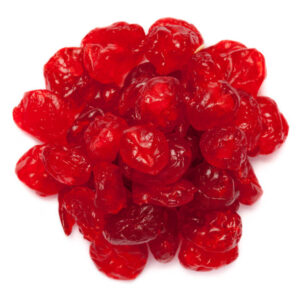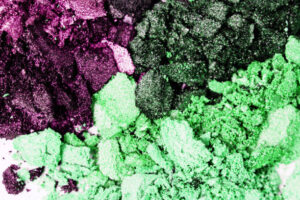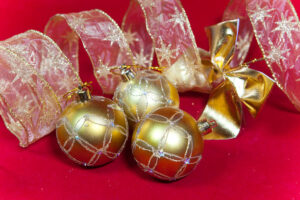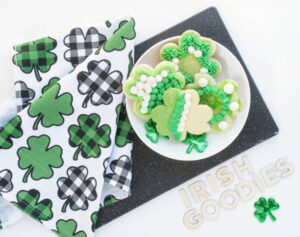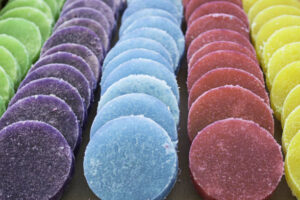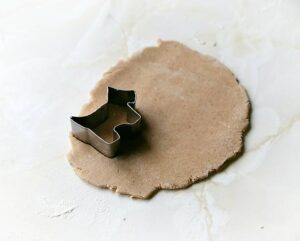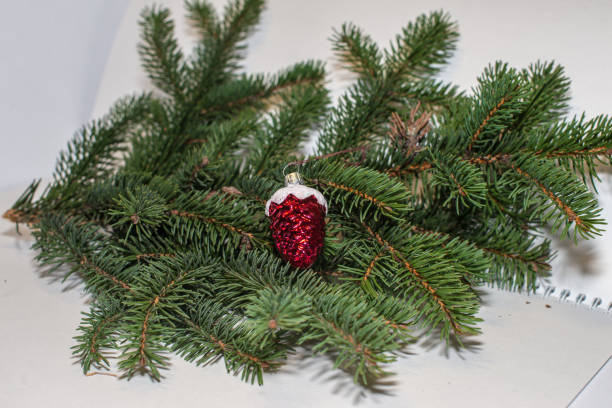
When it comes to selecting a Christmas Tree, there is no such thing as the right or wrong tree. It all depends on what you like and what’s available in your area. It is worth doing some research before bringing a newly cut tree home. The tree will hold irreplaceable decorations and be a witness to your most loving family traditions.
The majority of commercially available trees are harvested in the first two weeks of November. You are putting a tree at risk by decorating your home before Thanksgiving or in early December. The warm, dry conditions of heated homes can make it difficult for the tree to stay fresh. Choose the most untouched trees, select tree varieties that can withstand indoor conditions, and make sure the environment is optimal once you bring the tree into your home.
Locally grown trees are harvested closer to Thanksgiving. These farms may allow you to choose your tree or have them cut it for you. Visit the Pennsylvania Christmas Tree Growers Association to find a Christmas Tree Grower in your locality.
Douglas-firs
The blue-green, soft, flat needles are only attached to the stem in a single layer. Douglas-firs are known for their symmetrical growth pattern, which produces a full and attractive Christmas tree. They also have a reputation for retaining needles well, making them incredibly popular among holiday guests. The branches can be stiff, and they may not work well with heavy ornaments. The Douglas-fir tree has a citrusy sweet scent that most people enjoy.
Frasier and balsam Firs
The undersides of the dark green, soft, flat needles are marked with silver bands. The hands are thicker and attached to the stem singly. They have a slightly stiffer growth habit than Douglas-firs but are still quite attractive. Their needle retention is also praised. The branches of these trees are more rigid than Douglas-firs, and they may not be suitable for making heavy ornaments. Frasier and balsam are holiday favorites because of their spicy, resinous scent.
White and Scotch Pines
The needles are grouped into five (white pine) or two (Scotch Pine). When grown for Christmas trees, they are sheared tightly to produce a full and dense shape. Both trees are traditional, popular Christmas trees that have a good reputation for needle retention. Scotch Pine is strong and can hold heavy ornaments easily; white pine, on the other hand, is more flexible and might not be able to support the most serious of decorations. Both pines have a fresh, clean scent.
Colorado blue spruce
The needles are square and sharp. They are fixed to the stem in a single row. Colorado blue spruce is popular for its blue-green or silvery blue color. The trees tend to grow symmetrically and can hold even the heaviest ornaments. The needles are held well by these plants, but only when they never run dry. Many hands fall out if they are allowed to dry, even just once. The writing of these products is extremely sharp, so they’re not suitable for households with young children.
How to Select a Fresh Tree
If you choose to cut your tree at a local farm, then you can be sure that it will be a new tree. This is a family tradition that many cherish, but for others, the convenience of buying a pre-cut Christmas tree is more appealing.
Check for firmly attached flexible needles when you pull on a pre-cut branch. Do not worry if you see brown hands falling from the inside of the tree after knocking the base down. This is normal for all needled evergreens. Be sure to thoroughly shake them off before bringing the tree indoors. The needles may have become brittle or dull.
Keep your freshness
The most important thing to do is maintain a high level of moisture in the tree. This will reduce needle loss and keep the tree looking fresh. Water-holding stands are used to keep the water level above the base. Many articles are written every year about the care and handling of Christmas trees. Unfortunately, many of them contain incorrect information.
These guidelines, based on research, will help you maintain the freshness of your live tree during this holiday season.
Use a stand that can hold enough water. The water basin of a tree stand should be able to have 1 quart per inch of stem. The frame should be able to have 1 gallon for most Christmas trees. The first week after cutting the tree, the tree will absorb an unexpected amount of water. So, make sure to replenish the moisture every day.
The stand must fit the tree. The top of some perspectives has a circular ring. This ring should be big enough to allow the tree trunk to fit through. To fit the frame, do not carve down the sides of your tree trunk. The outermost layers of wood are most effective at absorbing water and shouldn’t be removed.
It is best to store the tree in a cool and shaded area, such as a garage, for a few days.
It is not necessary to recut a tree trunk if it has been cut in the last 12 hours. If the tree has been shortened more than 12 hours ago, it is recommended that you recut the trunk to increase water absorption.
Before putting the tree into the stand, you only need to cut a piece of wood that is about 1/4″ thick. Cut perpendicularly to the stem’s axis. Avoid cutting the trunk into an angle or a V-shape. This makes it difficult to keep the tree in its stand and reduces the water that is available to the plant.
Avoid placing trees near heat sources (fireplaces and heaters). The drying process will be slowed by lowering the temperature of the room. This will result in less water being used each day.
After the Holidays
Please do not rush to dispose of the tree when you’re ready to remove it after the holidays. Evergreen boughs are a good mulch for perennial flowers that don’t tolerate other mulches because they can retain excessive moisture in their crowns. You can also place them on the ground next to bird feeders as a shelter for birds that feed from the ground. Many communities also have designated a place to drop off or pick up Christmas trees. The district may have a large bonfire, or the trees can be ground into mulch to use in the spring garden.

